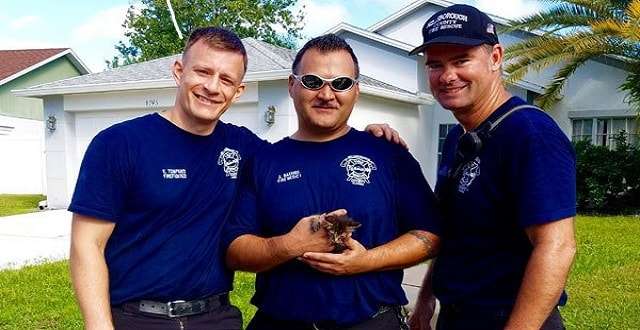AUSTRALIA - Cats can be as addictive as sex, drugs and chocolate!
TEACHER’S PET: Lou Davy, her cat Bagherra and students Ben Tillett, 16, and Shane Male, 17.Picture: CAMPBELL BRODIE
Cat owners who think of their cats as people may be closer to the truth about cats than the rest of the world thinks, according to South Australian scientists who have defined the five feline personality traits that are remarkably similar to those of humans.
While news that some cats are indeed neurotic and others want to dominate will surprise few, the results of almost 3000 cat personality tests have also uncovered some outgoing natures, spontaneity and even friendliness among our kitties.
PAWS FOR THOUGHT: Aimee Heywood, of Golden Grove, with Theo, who is an inquisitive and curious cat. Picture: TRICIA WATKINSON
UniSA Discovery Circle research leader Dr Philip Roetman said the tests were part of the Cat Tracker project, which has been studying the behavior and also the movement of cats.
“People are fascinated by cats, they have really intriguing personalities,” he said.
“From a research perspective, it’s really interesting to understand and look at the personalities of different animals, especially when we are talking about management.”
The research team adapted a questionnaire originally developed overseas and used on both captive wildcats and also domestic cats in shelters.
But this was the first time the test had been applied to such a huge number (2802 so far) of domestic cats.
Sophisticated statistical analysis revealed what researchers have called the “Feline Five” factors of the cat personality: 1. Skittishness, 2. Outgoingness, 3. Dominance, 4. Spontaneity, and Friendliness.
Dr Roetman said that was “really interesting” because humans have the “Big Five” and that there is some overlap.
“Skittishness is similar to neuroticism in people, outgoingness is similar to extroversion and friendliness is akin to agreeableness,” he said.
“The big difference in cats is dominance and spontaneity.”
Dr Roetman said the results were very useful because owners could “do things differently based on that cat and what it likes, to have a better relationship with their cat”.
Another “really interesting finding” emerged when researchers compared indoor cats to cats who live outdoors!
“It was only extremely slight but the only difference we found was indoor cats tended to be slightly more friendly,” Dr Roetman said.
“I think that’s really good news because people are often concerned about keeping cats indoors too much because it might have a negative impact on them, but this suggests there isn’t a negative impact on cat personality by keeping them indoors. If people want to keep their cats indoors, they can feel a bit more confident about it.”
Aimee Heywood, 21 of Golden Grove said she expected her indoor cat Theo, a Bengal cross Neva Masquerade, would score highly on “outgoingness” and maybe “spontaneity”.
“He’s very inquisitive and curious, very quick and athletic, anything that moves has to be hunted,” she said.
“And very needy, he doesn’t like to be held but always has to be in the same room as you, just far enough away that you can’t touch him.”
She went on that she was “more than happy to do anything to help with the research” but had assumed her indoor cat would not be worth tracking, because “our cat doesn’t leave the house”.
Modbury High School support room teacher Lou Davy takes her cat Bagherra, found abandoned on campus in 2012, to the school every day and says that he is “the most placid of cats”.
“It’s that easygoing nature that has meant this is such a huge success, kids can pick him up and hold him, he’s the perfect school cat really.”
When given a sneak preview of the test results, she was not surprised at all to find Bagherra scored highly on outgoingness and friendliness.
Year 12 student Shane said his kitty Bagherra “makes me feel happy”.
“He’s really friendly and he loves people’s attention, he just comes to people and wants a pat,” he said.
There are 52 questions in this study questionnaire, which takes a total of about 25 minutes to complete and is still available online for owners who want to participate.
At the end people are asked if they wish to volunteer for the Cat Tracker project. So far 350 South Australian cats have been recruited to the study, with researchers hoping for 500 cats.
Fill in the survey online www.discoverycircle.org.au/projects/cat-tracker/and sign up to Cat Tracker.






